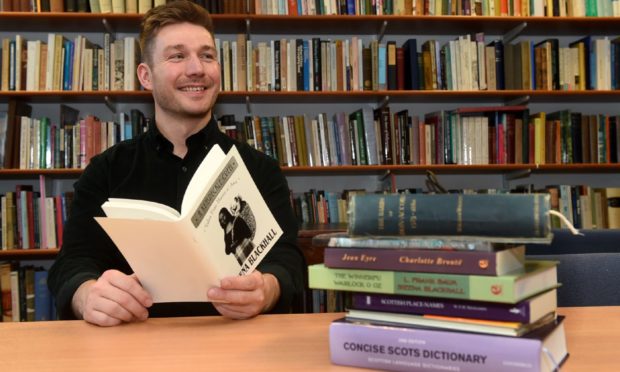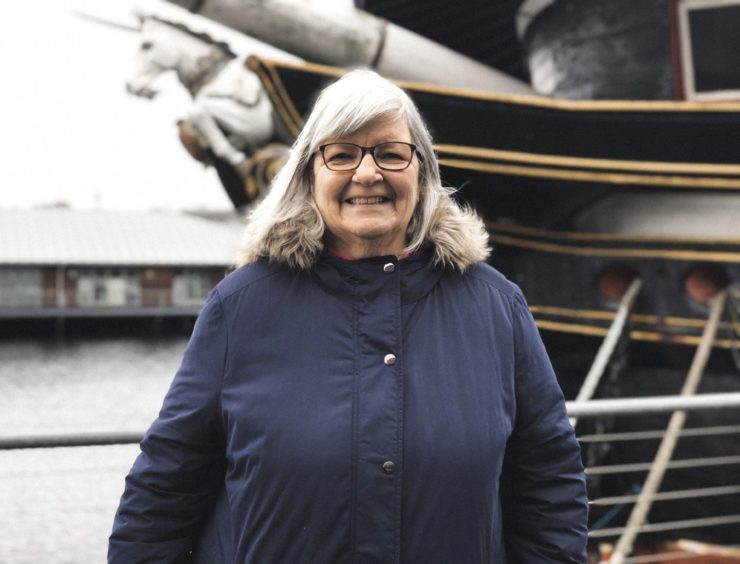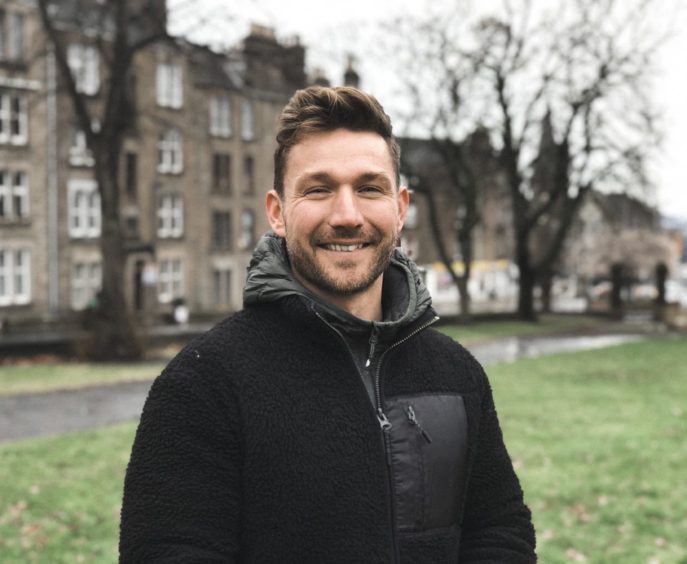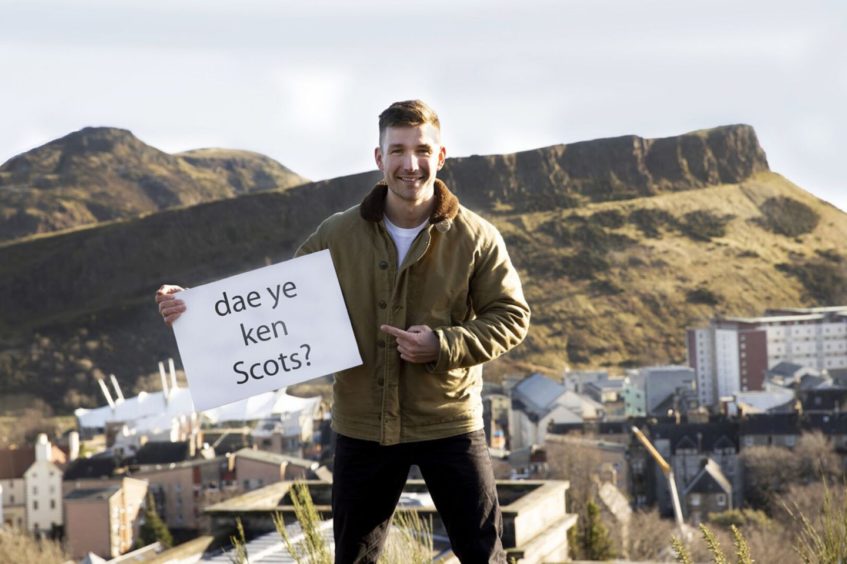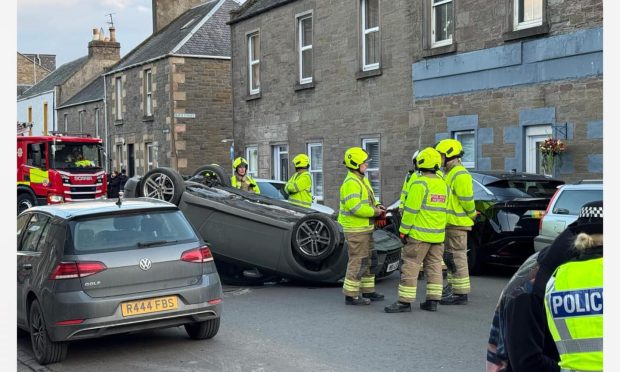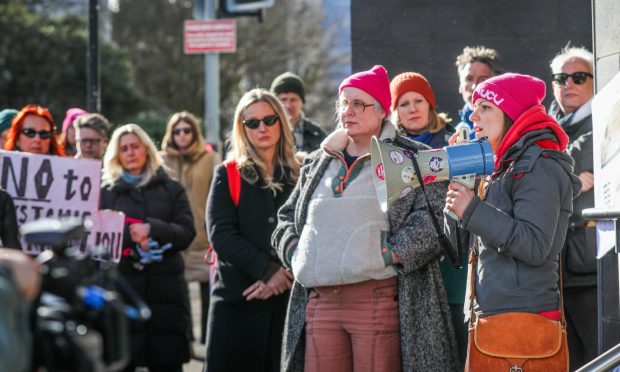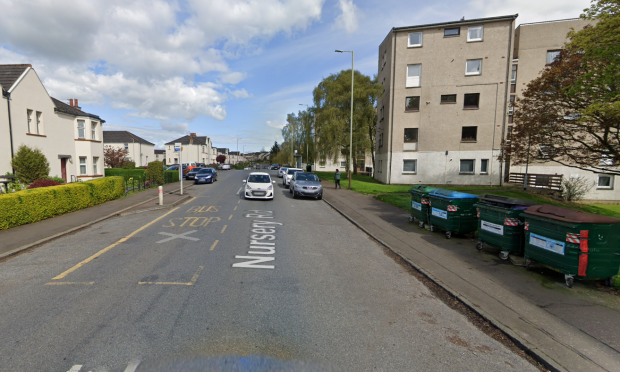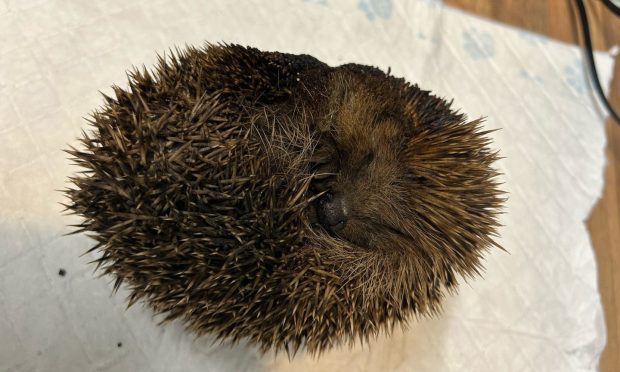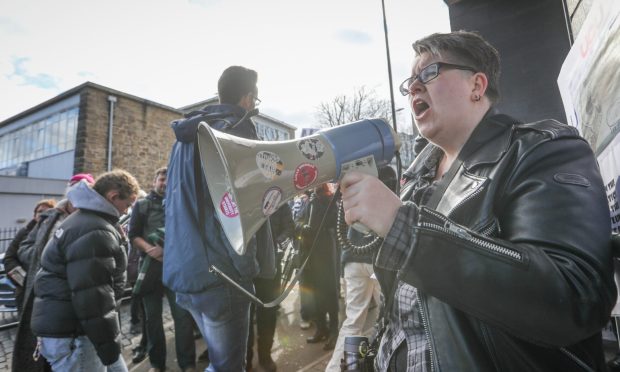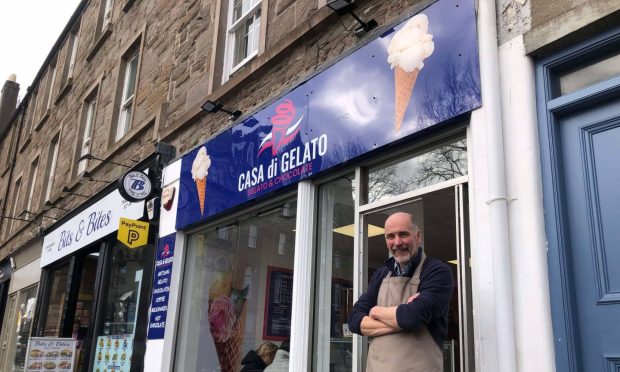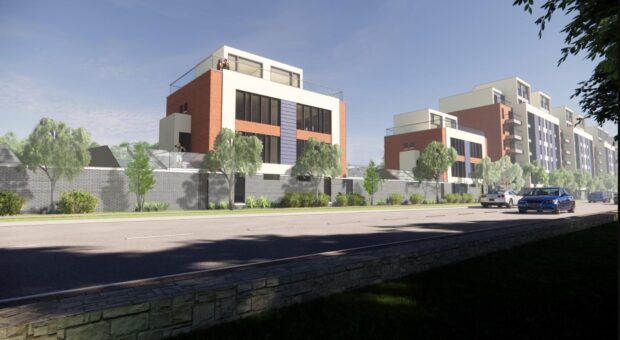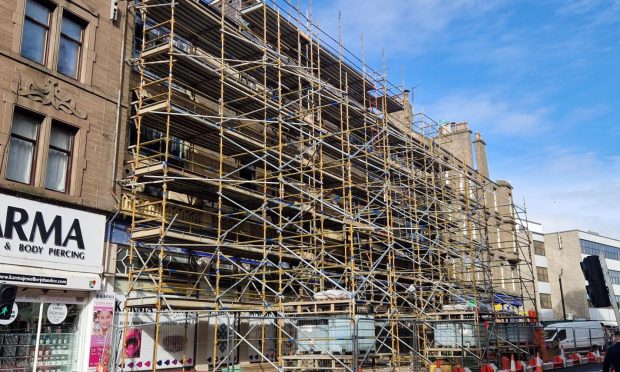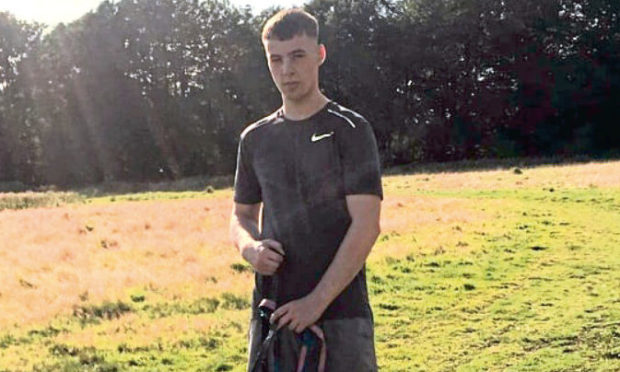Michael Alexander speaks tae twa weel-kent faces fae Dundee’s cultural scene – Alistair Heather and Sheena Wellington – who have launched free online sessions helping participants develop their understanding of Dundee’s Scots language.
For Dundee born and bred traditional singer Sheena Wellington, the Scots language has always been an important part of life.
Coming from a family of weavers, the 76-year old former Blackness Primary and Harris Academy pupil was brought up in a Dundee Scots speaking household.
Yet despite being surrounded by her Dundee Scots speaking father, grannies and aunts at home, she vividly remembers being discouraged from speaking her mither tongue in school.
“I remember as a five-year-old in P1 being really drouthy in the class,” recalls Sheena, who famously sang the Robert Burns song A Man’s A Man For A’ That at the opening ceremony of the Scottish Parliament in 1999.
“I put my hand up the way you did and said ‘please miss I’m thirsty can I go for a drink to the well?’. Of course, the teacher had that look of thinly veiled contempt that teachers still probably get and said ‘that’s fine Sheena but we don’t go to the well. You can go to the tap for a drink!’.
“To me ‘the tap’ was ‘the tap of the school’ – my big cousin had pointed out the skyline windaes that were her classroom.
“I told my granny what had happened and she said ‘there’s words you can say in the hoose and there’s words you can say in the school, and you’ll hae to learn which is which!’.
“I think being thrawn by nature I thought this was a liberty. I wanted tae have both languages. And I think it’s an advantage tae have twa languages.”
Fascinating history
Sheena is fascinated by the history of the Dundee Scots language, or ‘oary’ dialect, which, she says, has always been “despised” by wider society due to the ‘eh’ sound of it.
One reason for its distinctive sound, she says, is the legacy of Dundee’s noisy mills where everyone had to lip-read above the din of the machinery and there was an over-emphasise on certain vowels.
The other fact is Dundee’s historic trading connections with the Low Countries.
“You can actually be walking in some parts of the Netherlands and hear people speaking round about you and you really feel you should understand them because it sounds as though they speak Dundee Scots,” she says.
“I remember when we went to Denmark when my son was about six. We landed in the airport and I was looking for the way out. The six year old said ‘it’s across there mum – it said ‘Ootgang’.
“He had heard me saying ‘gang’ and ‘oot’ and things like that. Perfectly natural for him. These connections are everywhere.”
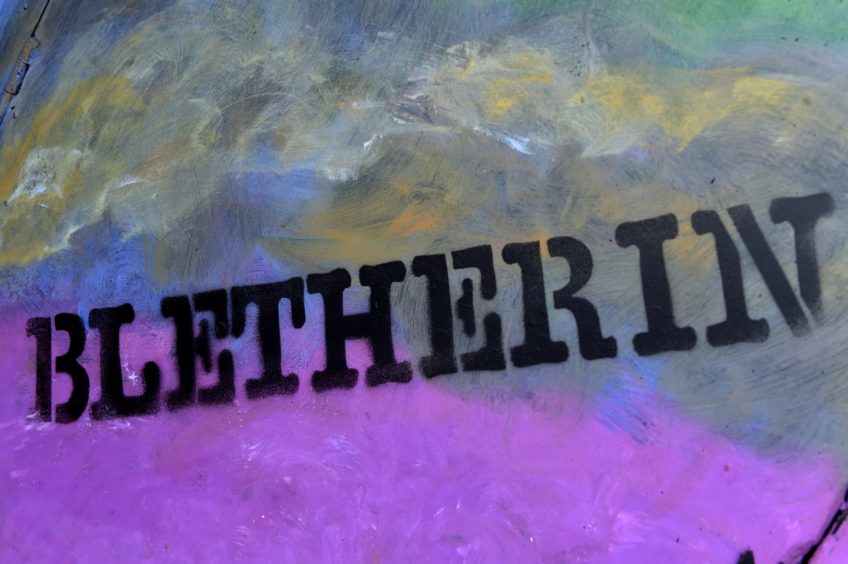
Sheena loves the way that Scots words often have a deeper more accurate meaning than their English counterparts.
For example, in Scots you “take a scunner”, while in English you are “disgusted”.
To Sheena if something is horrible it gives her the ‘dreh boak’. That’s a lot more forceful than ‘making you feel sick’, she feels.
But with the post-war collapse of Britain’s multi-ethnic empire being replaced with a British ‘one people one language one culture’ mind-set in the 1950s, alongside the then growing influence of mass media which all but wiped out many northern English dialects, there has been real pressure on the very survival of the Scots tongue which, until two generations ago, was still spoken with pride.
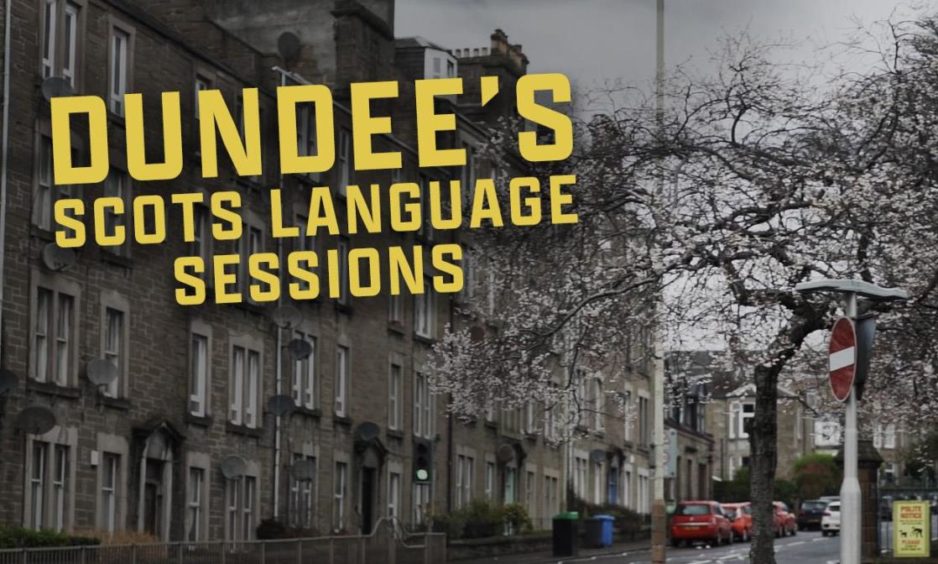
That’s why she’s throwing her weight behind a renewed effort to celebrate the fact that Dundee and wider Scotland has this extra language, and that these words should be used more often to ensure their survival.
History, literature and oral culture
She’s backing and taking part in free online sessions helping participants explore and develop their understanding of Dundee’s Scots language.
Having started on January 21 and running for 10 weeks, the classes focus on different aspects of the history, literature and oral culture of the Scots language in the city and aim to “bring users out of the shadows”.
The sessions aim to be light-hearted, friendly social get togethers.
In addition to Sheena, guest hosts include Dundee poet and performer Gary Robertson, and Newport-based writer and broadcaster Billy Kay.
They are sharing their expertise with participants and supporting them as they produce their own stories in Dundee Scots.
The sessions are organised and led by writer and presenter Alistair Heather.
Every week, Alistair is bringing along enjoyable tasks for participants to try out to improve their Dundee Scots, and introduce the guest hosts.
Over the weeks, participants will produce stories in their Scots dialect and Alistair will help record them.
“Over 30% of Dundee speaks Scots,” says Alistair, noting that in the 1850s and beyond, Courier publisher DC Thomson regularly published columns in Scots while the Broons and Oor Wullie have also kept Scots in the spotlight.
“It is a language that has been in Scotland nearly a millennium, and is as firmly a part of our heritage and identity as the landscape and buildings around us.
“It has been the national language of Scotland, spoken by everyone from Kings to farm workers for centuries.
“But recently it has not always been granted the respect it deserves.
“It is currently listed as ‘vulnerable’ by the UN.”
Decades of ‘psychological damage’
Alistair, 31, says there’s no doubt the discouragement of speaking Scots in education and culture over the past 50 years has taken its toll.
However, at a time when more Scots books for bairns are becoming available, these sessions will help speakers understand the value and status of the language they have grown up with, and help make it more visible as a part of everyone’s cultural life.
“We have a couple of generations of psychological damage that we have to undo,” he says.
“Dundee fowk have experienced worse I would say de-legitimisation of their culture than I have – I’m from Angus. At my primary school we won Scots language primary school of the year when I was a bairn.
“There’s a big element of saying ‘this is yours – naebody else is going to speak it. Naebody else is going to save it. Within that language is so much of your culture.
“We have to make sure it keeps going otherwise whatever the essence of Dundee is will pass away’.
“It’s about making sure that the language continues to thrive as a vehicle for the identity and culture of the communities here.”
Momentum into communities
At Aberdeen University, where Alistair used to work, they ran Scots language evening classes in Aberdeen city and they sold out three times in a row.
They took them into the wider North East communities and found that by bringing together people who were already passionate about Scots, they carry that momentum on into their communities.
Alistair describes the Dundee classes as “lighting the touch paper of passions waiting to be inflamed”’.
The classes, which were established after Alistair was approached by Dundee city councillor Lynne Short a few months ago, are about taking this cultural resonance message out to those who are wanting to hear it and to go on to make a difference.
The sessions are funded by the Maryfield Community Regeneration Forum and delivered in collaboration with the award-winning Dundee United Community Trust.
“For minority languages to survive and thrive, they have to be spoken in urban settings,” adds Alistair.
“Go around Europe and you can see cities where they speak their own language variety and you’ll move between different linguistic areas in countries.
“In Scotland you have that when you move to the west. You see the kind of Gaelic signage go up, you see increasing awareness of Gaelic.
“Aberdeen and Dundee are Scotland’s Scots speaking cities. About half the population speak Scots.
“But that isnae reflected in the visible nature of the city and isnae reflected in the curriculum and isnae reflected in the newspapers and publications and that kind of thing.
“So I think the main reason we are doing these is at the minute is there’s a huge disparity between the number of Scots speakers and the number of places there are to safely use Scots in professional settings.”
Not too late to sign up
With limited numbers on Zoom, Alistair says that ideally there will be a core of people who attend all 10 sessions.
However, he’s expecting a “wee bit of churn” and is prepared for people to drop in for one or two.
To register at Eventbrite go to: https://bit.ly/2JSXcpw Or search for “Dundee’s Scots Language Sessions” on social media.
